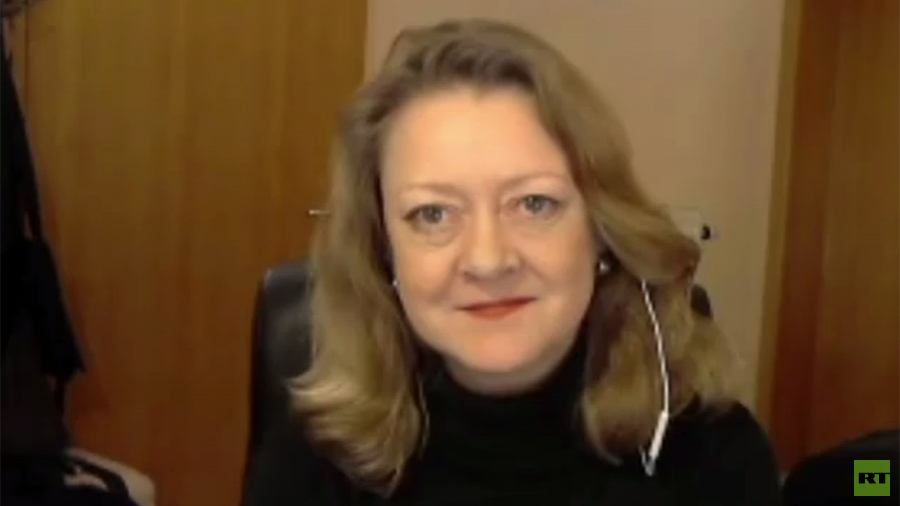Ex-MI5 agent Annie Machon has dismissed the PM's claims that the origin of the nerve agent used to attack former Russian double agent Sergei Skripal is indicative of an attack from the Kremlin. She explained why to RT’S Bill Dod.
The former MI5 intelligence officer ignored calls from politicians to boycott the TV network in the midst of the Skripal scandal, sitting down with RT to discuss the latest in the Salisbury case. While many pointed the finger at Moscow after it was alleged that the weapon was a military-grade agent developed in Russia, Machon raised a question that many seem to have forgotten to ask: Where’s the motive?
“From the very start of this story… they need to work out what the motive was,” she said. “Skripal was a guy who had been caught by the Russians. He’d been tried and convicted, sent to prison, and then released and pardoned by the Russians, and sent back to the UK.

“He had been debriefed – picked clean, intelligence-wise, both by the Russians… and by MI6 when he came to live in the UK. So what is the motive there?” she asked.
The ex-MI5 officer, who resigned in 1996 to blow the whistle on the incompetence and crimes of spies, continued to explain to Dod that – just because the chemical weapon was supposedly developed in Russia – it does not necessarily mean the attack was state-sanctioned.
“(Chemical) agents can be developed and used by governments all over the world,” she said. “If this Novichok agent was developed in Russia, it doesn’t mean it’s stayed in Russia - [any more than] any of the other agents developed by Germany, the USA, or the UK have stayed in their own countries."
“The fact that the… UK facility for identifying those agents was able to identify this very quickly would indicate that they know exactly what this nerve agent is, which means that they have the chemical formula for it too. So, who knows where it came from?
“It might have been developed in Russia, but it doesn't mean that is state-sanctioned by Russia. It's a damaging conflation in a particularly sensitive diplomatic time."
If you like this story, share it with a friend!


